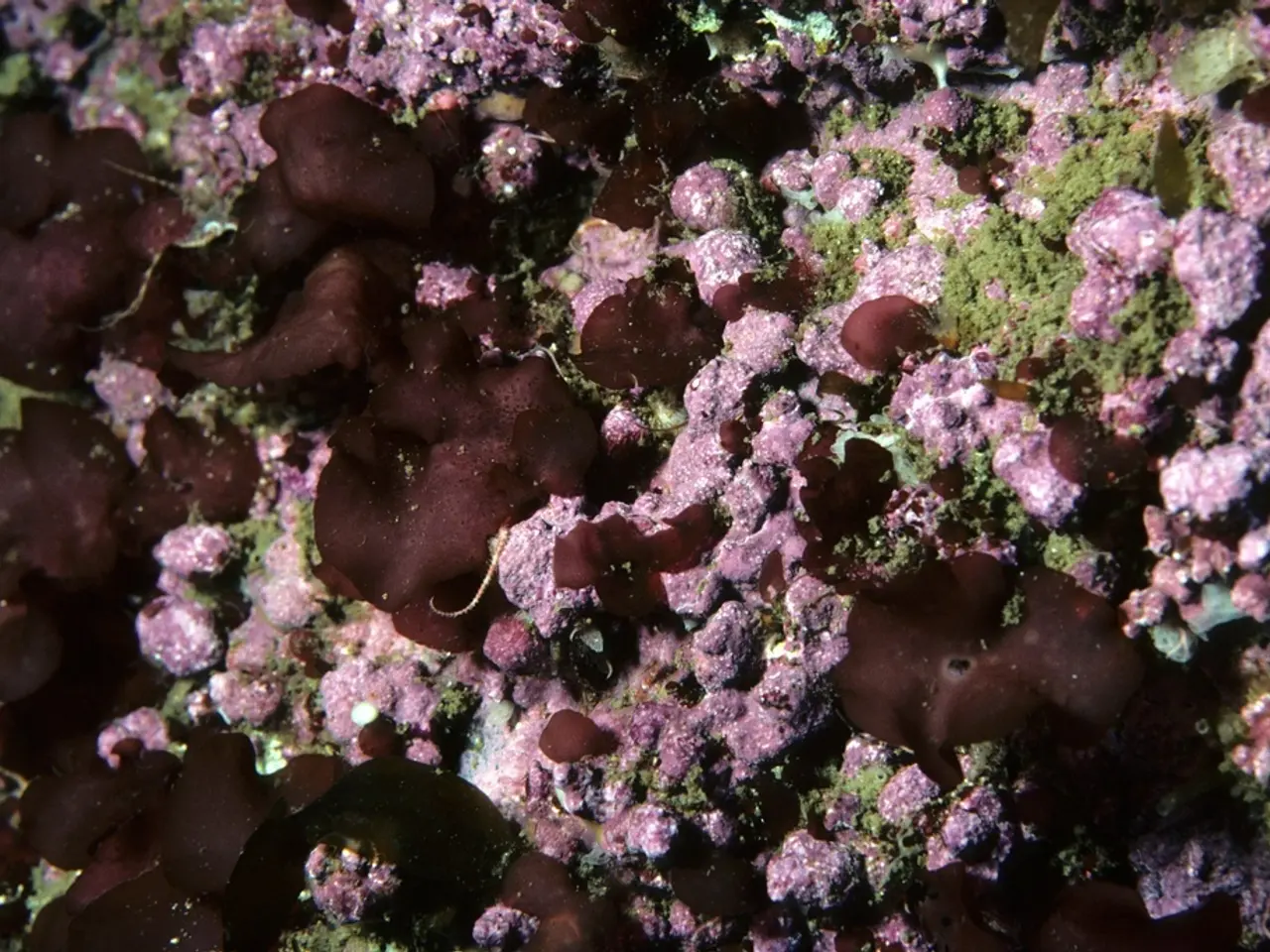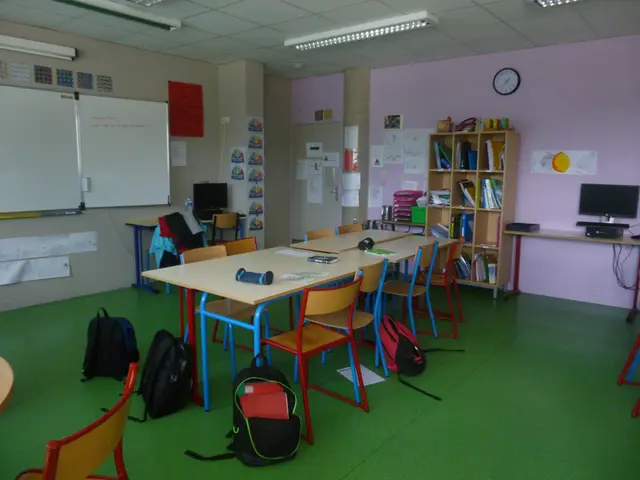Taiwan and Indonesia form marine debris agreement; Taiwan criticizes China's use of cyanide in fishing practices.
Headline: International Conference Addresses Urgent Ocean Challenges in Taipei
In a significant gathering of marine experts and officials, the International Conference on Marine Environmental Management was held in Taipei. Representatives from the US, France, Japan, South Korea, the Philippines, Malaysia, Indonesia, India, Taiwan, and Taiwan's partner, Indonesia, came together to discuss pressing issues facing our oceans.
The conference focused on pollution prevention, sediment and water quality, waste reduction, and cross-border cooperation. With marine environmental governance needing to address plastic waste, overfishing, climate change, and other emerging pollutants, the discussions were timely and crucial.
Ocean Affairs Council Minister Kuan Bi-ling denounced the use of cyanide fishing by Chinese crews, which was recently confirmed near the Pratas Islands. This practice, a breach of the UN Convention on the Law of the Sea (UNCLOS), causes long-term ecological damage, destroying coral reefs and killing countless non-target species.
In a significant move, a Chinese vessel carrying cyanide was seized by Taiwan's Coast Guard Administration. This action underscores Taiwan's commitment to resolutely protect its territorial waters against such practices.
The cooperation agreed upon during the conference extends beyond the conference room. The National Science and Technology Center for Disaster Reduction (NCDR) will be responsible for publishing the annual National Ocean Policy White Paper, a key part of Taiwan's National Marine Protection Policy. The paper sets out Taiwan's vision and strategic goals for marine development and environmental protection.
Taiwan is also committing to strengthening maritime surveillance. This includes the introduction of drones and expansion to manned aircraft. The country is eager to formalise similar cooperative agreements with other nations, as seen in its recent partnership with Indonesia on marine debris management.
The council will release its latest National Ocean Policy White Paper at the end of the month, marking another milestone in Taiwan's commitment to marine conservation. Through global collaboration, institutional reform, and technological innovation, effective confrontation of these threats can be achieved.
Read also:
- United States tariffs pose a threat to India, necessitating the recruitment of adept negotiators or strategists, similar to those who had influenced Trump's decisions.
- Weekly happenings in the German Federal Parliament (Bundestag)
- Southwest region's most popular posts, accompanied by an inquiry:
- Discussion between Putin and Trump in Alaska could potentially overshadow Ukraine's concerns








